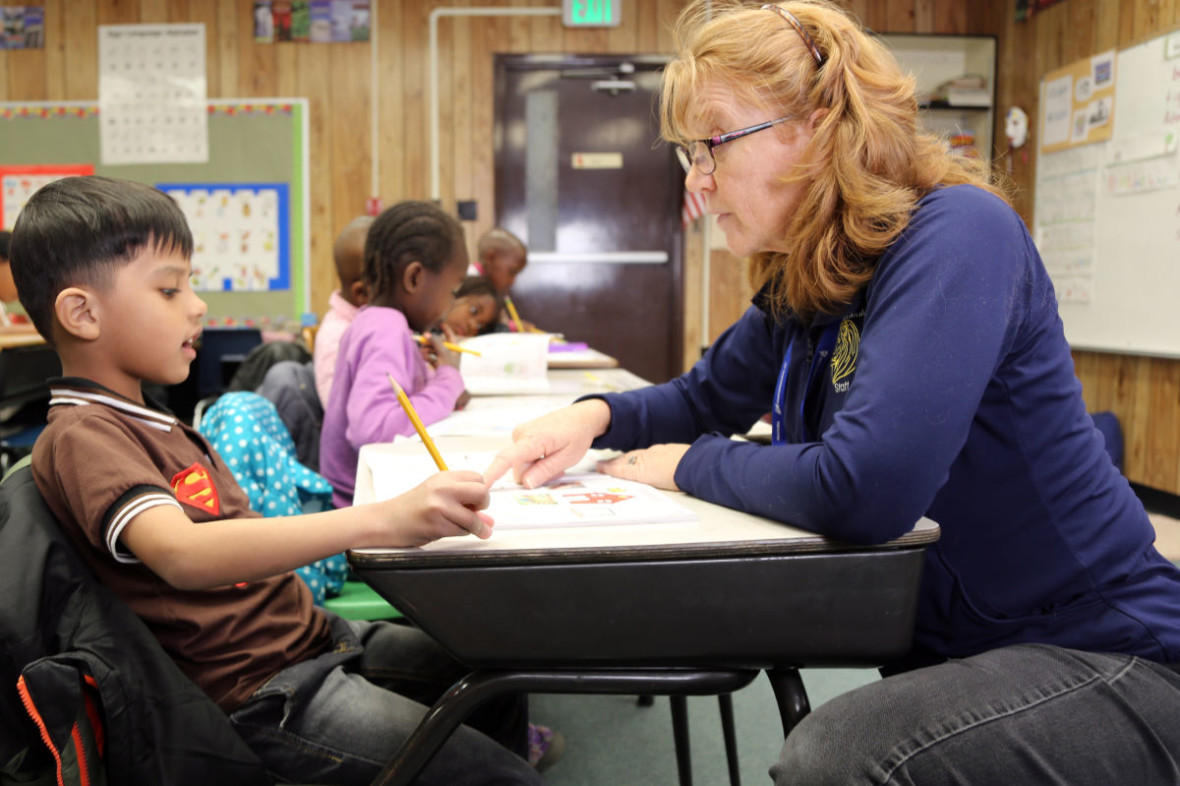Inclusive education: Promoting the participation of migrants and their descendants
Published:
Building on the Paris Declaration of 2015, in which education ministers call for promoting citizenship and the common values of freedom, tolerance and non-discrimination through education, the Fundamental Rights Agency (FRA) has recently launched a report entitled “Together in the EU – Promoting the participation of migrants and their descendants”, whereby the promotion of societal participation in and through education and the encouragement of participation in trade unions and in the public sphere are enhanced.
The second chapter of the report is especially dedicated to “inclusive education and participation” and contains several important key-findings:
- Outreach to parents encouraging participation, by involving migrants parents and families in schools as well as in local communities: In addition to language learning, integration courses providing information on the host country’s history, culture and legal framework are considered as best-practices;
- Need for policies on education reflecting diversity in society: Curricular and extracurricular activities that promote equality, solidarity and active citizenship are revealed to be good-practices;
- School segregation of pupils continues to be a major challenge in about half of the EU countries, even where there is a policy against separated schooling: The main reason is the residential separation of households of people with an ethnic background different from that of the majority, which should be also addressed.
As conclusion, this FRA report also stresses that the need to respect the rights of migrant workers should be better reflected in national integration policies that focus primarily on training and access to employment. In this regard, social partners – especially trade unions – could be more involved in integration initiatives, provided this is adequately reflected in national integration policies and action plans.